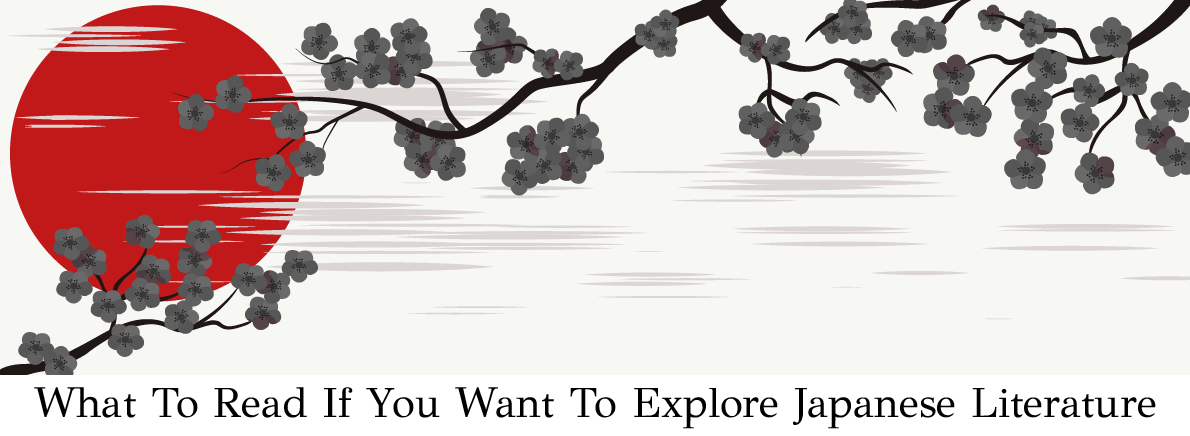
Japan has a rich literary tradition, and the works that have survived can be traced back to the 7th century A.D. Unfortunately, much of it still remains inaccessible to those of us who don’t know Japanese, but the works that have been translated into English are well worth our time. From comics to dystopian fiction, Japanese literature has it all, and this list serves as a starting point for exploring it. Dou itashimashite!
01
Literary Fiction
If you enjoy stellar writing that also throws a light on various facets of life, then Japanese literary fiction is the way to go. Jun’ichiro Tanizaki’s The Makioka Sisters is set in pre-World War II Osaka and portrays the struggle of four sisters as they attempt to come to terms with their changing way of life. The Silent Cry by Kenzaburo Oe is the story of two estranged brothers, Mitsusaburo and Takashi and how their lives are thrown into chaos when one comes back from the U.S. For a more contemporary work of literary fiction, take a look at Sayaka Murata’s Convenience Store Woman, which was published in 2018. It is the story of Keiko who has worked at the same convenience store for the past 18 years. It highlights the pressure to conform to society’s expectations while also giving us an insightful look into the female mind.
02
Crime Fiction
Who doesn’t love a brilliant mystery novel? Japanese authors excel at crafting mind-bending crime fiction that will keep you on the edge of your seat. Published in 1946, The Honjin Murders by Seishi Yokomizo introduces amateur detective Kosuke Kindaichi who is called in to solve a classic locked-room mystery set in a Japanese village. If you are looking to pit your wits against the author, read The Tokyo Zodiac Murders by Soji Shimada, where a mystery aficionado and an astrologer take on a string of murders that took place over 40 years ago. If books that explore the dark side of human nature are more your style, then Confessions by Kanae Minato will be perfect for you. Here, a schoolteacher’s four-year-old daughter is found dead and she sets out to take revenge, but things are not as they seem.
03
Science Fiction & Fantasy
If stories set in space or those with fantastic elements are more your speed, then you’ll love these books by Japanese authors. Considered to be the greatest Japanese science fiction novel, Ryu Mitsuse’s Ten Billion Days And One Hundred Billion Nights is a fantastic trip featuring Plato, Buddha, Jesus, and an epic battle for the universe. If you prefer novels featuring space exploration, then Orbital Cloud by Taiyo Fujii is an excellent choice. When Kazumi Kimura notices some orbiting space debris, it sets off a chain of events that culminates in a fight against space terrorism. You can also delve into Japanese fantasy fiction with Noriko Ogiwara’s Dragon Sword And Wind Child, which is set in a world where the God of Light and Goddess of Darkness are at war. One day, 15-year-old Saya finds out that she is the only person who can awaken the Dragon Sword, which will bring the war to an end. She must now choose which side she is on.
04
Horror
We’re all familiar with Japanese horror movies but their horror fiction is equally good, if not better. In Koji Suzuki’s Ring, a journalist finds himself embroiled in a supernatural mystery when four girls die under mysterious circumstances after watching a video. Fragments Of Horror is a collection of macabre tales featuring everything from a haunted house to ghosts and horrific creatures. If you’re looking for a chilling read, then Mariko Koike’s The Graveyard Apartment is a great choice. In it, a family moves into an apartment building next to a graveyard. Soon, terrifying things start happening and the family is left alone as the other people in the building start leaving.
05
Manga
You can’t explore Japanese literature without dipping your toes in manga. In Death Note, Light Yagami finds a mysterious notebook that gives him the ability to kill anyone simply by writing their name in it. Soon, he starts killing off people he deems unworthy and becomes a vigilante of sorts and finds himself in a battle of wits against L, the detective in charge of arresting him. For a lighter read, pick up Naruto, the story of a young boy and his adventures as a ninja as he overcomes the obstacles that come his way. Another safe bet is Fullmetal Alchemist, the story of two brothers and their quest for the legendary Philosopher’s Stone in a bid to restore their bodies. It’s a wonderful tale of the bond between two brothers and their journey to redemption.
06
Classics
What better to way to explore Japanese literature than to explore its classics. Written by Lady Murasaki, a lady-in-waiting at the Imperial Court during the Heian period, The Tale Of Genji is often considered the world’s first novel and is centred around Genji, the son of the emperor. It paints a vivid picture of life at court in medieval Japan and shows that sexual affairs were also a ‘matter of ruthless practical strategy’. If you’d like to read a classic love story, pick up Yasunari Kawabata’s Snow Country, the beautiful story about the love between Komako, a geisha, and rich loner and dilettante, Shimamura. Another masterpiece worth reading is Shusaku Endo’s Silence, the tale of a Jesuit missionary who was sent to 17th-century Japan and the persecution he faces.
07
Dystopian Fiction
Much like other works of this genre, Japanese dystopian fiction also imagines a world that is radically different from the one we know. The Memory Police is a haunting book where things like perfume, roses and photographs regularly disappear, and once they do, so does their memory. The Last Children Of Tokyo is set in a Japan that has isolated itself from the rest of the world after a catastrophe leaves its young weak and its elders immortal. In Harmony, Project Itoh imagines a world where everything about a person is monitored – from their physical health to the choices they make – through the use of implants. We love that it features three female leads.
08
Poetry
Perhaps the best-known form of Japanese poetry is the (seemingly) simple haiku, a form of verse composed of three lines with a 5-7-5 syllable pattern. Begin your foray into haiku with On Love And Barley: Haiku Of Basho, where Basho brings the natural world to life through the simplicity and beauty of his words and the keenness of his observation. For a wider selection of haiku that ranges from the erotic to the comic and features the four main haiku masters, pick up The Penguin Book Of Haiku. The accompanying illustrations and notes make for a delightful reading experience. If you’d like to go beyond haiku, take a look at One Hundred Poets, One Poem Each, a translation of the Hyakunin Isshu, which was compiled in the 14th century and consists of 100 waka poems on everything from travel to love.
09
Short Stories
If you’d rather begin with short stories instead of full-length Japanese literature, we’ve got options for you. The Penguin Book Of Japanese Short Stories compiles some of the best short stories from the 19th century to present day and includes authors like Tanizaki, Banana Yoshimoto and Yuko Tsushima. It serves as an excellent primer for you to explore Japanese short stories. Ryunosuke Akutagawa’s Rashomon And Seventeen Other Stories gives you a glimpse into his style of writing and features stories like ‘Rashomon’, which shows what goes on in the mind of a man who is about to take to a life of crime and what eventually pushes him over the edge; and, ‘The Nose’, a satirical short story about a priest who is more concerned with shortening his nose than in studying the sutras. And then there is Haruki Murakami’s Men Without Women, where Murakami brings his classic style to seven short stories about men experiencing loneliness in different ways.

Devanshi has been reading ever since she can remember. What started off as an obsession with Enid Blyton, slowly morphed into a love for mystery and fantasy. Even her choice of career as a lawyer was heavily influenced by the works of Erle Stanley Gardner and John Grisham. After quitting law, and while backpacking around India, she read books on entrepreneurship, taught herself web design and delved into social media marketing. She doesn’t go anywhere without a book.
She is the founding editor of The Curious Reader. Read her articles here.

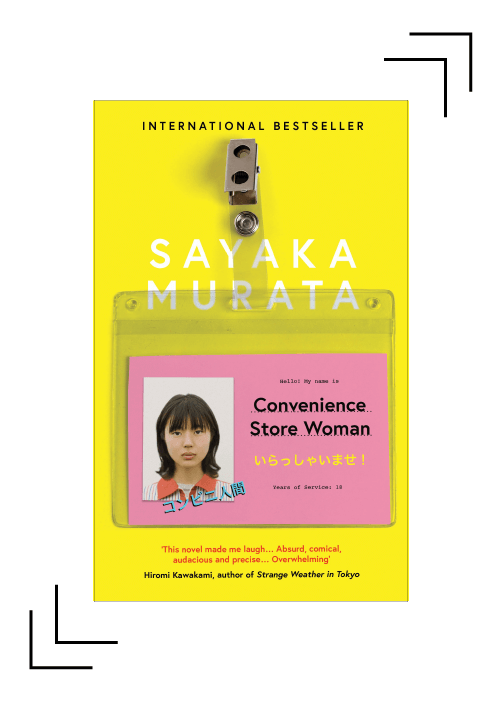
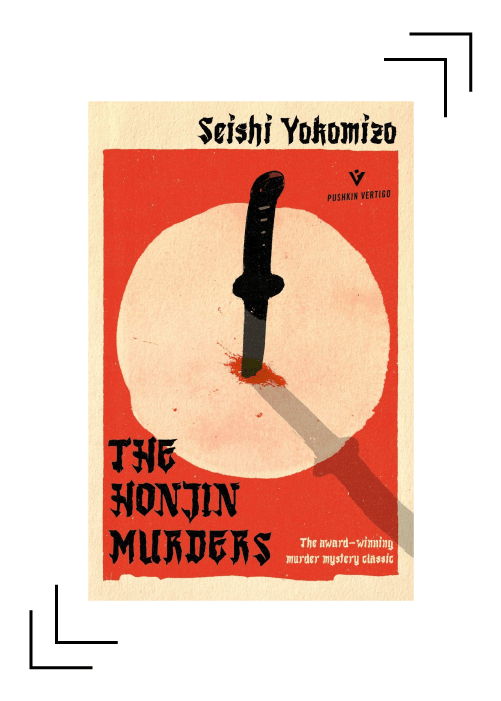
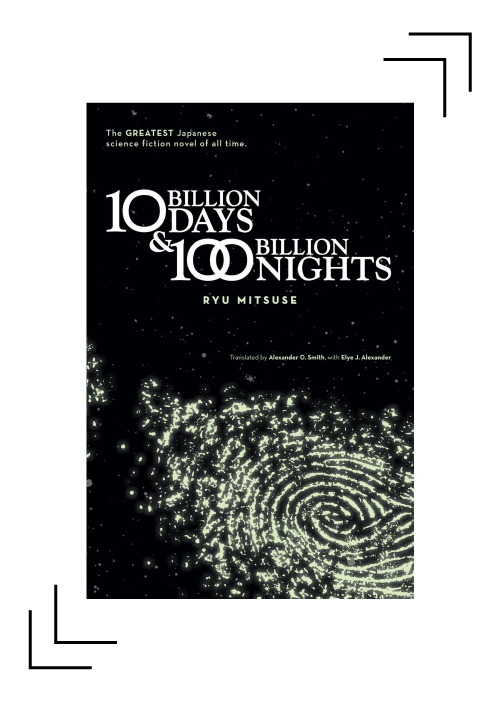
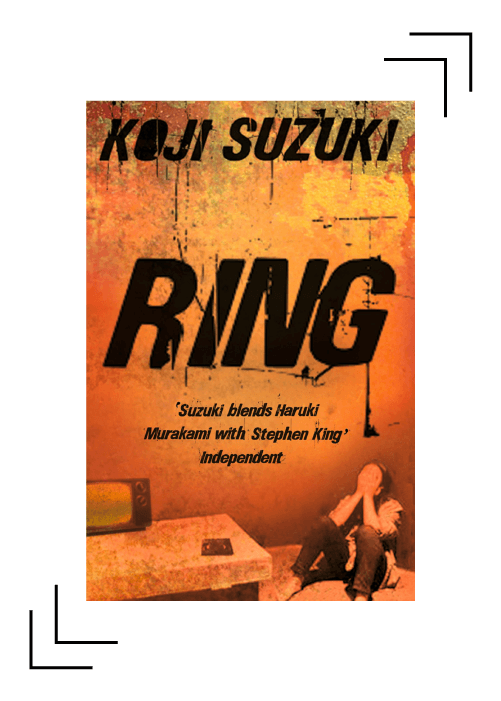
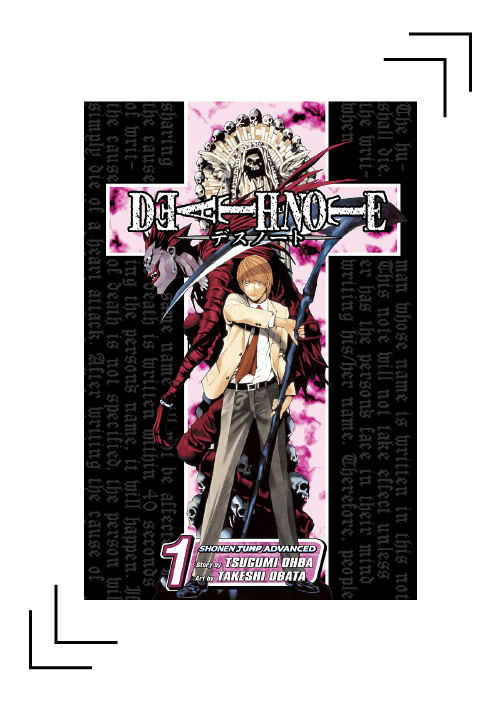
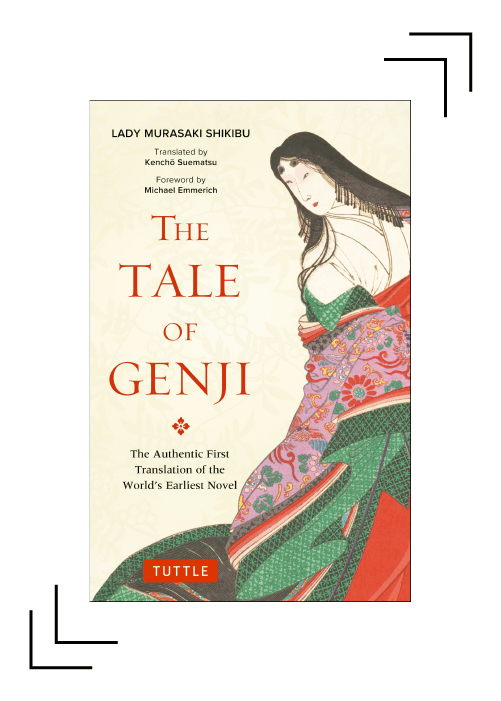
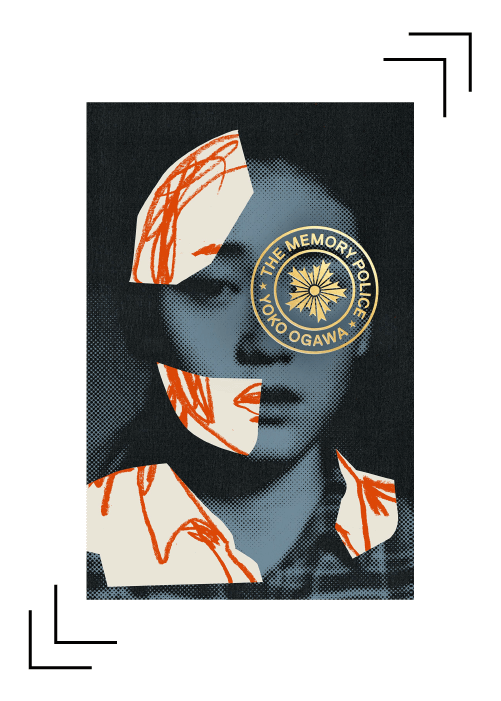
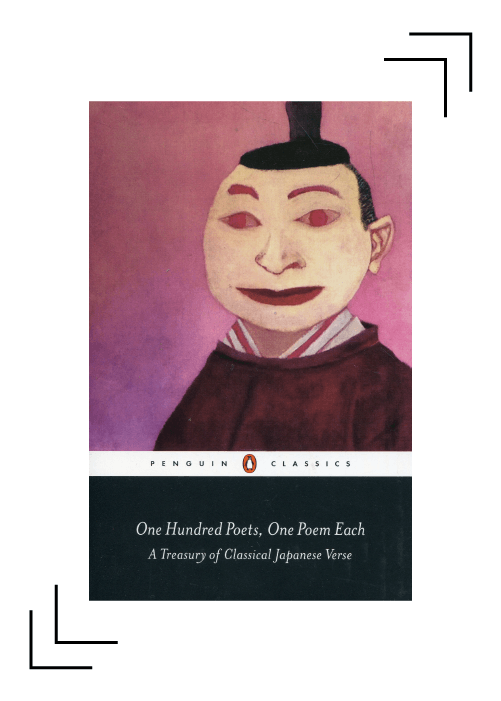
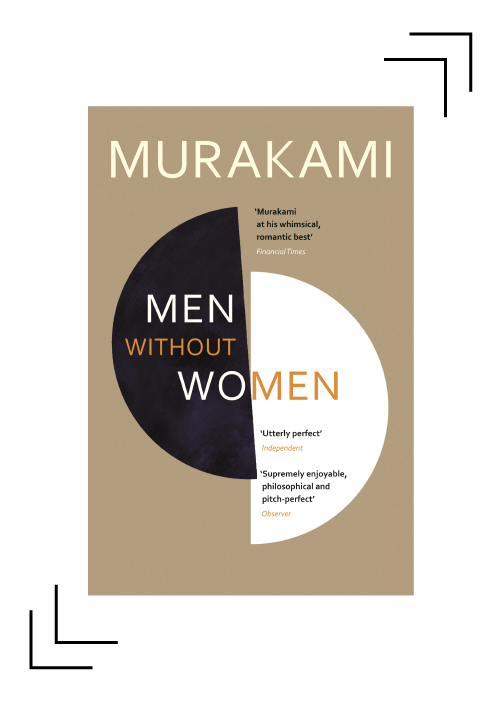
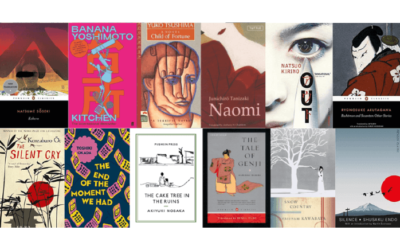
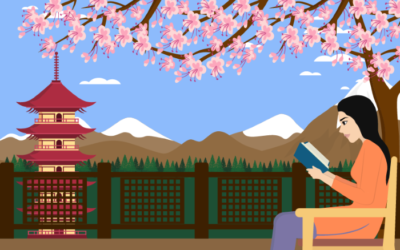
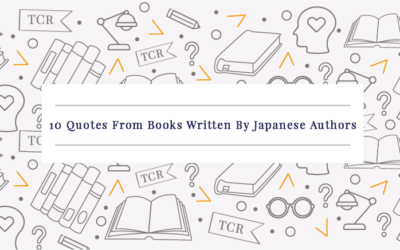
Hello Devanshi, this article is very well written. But could you suggest some books on the history and culture of Japan?
I really liked ‘The Makioka Sisters’. It was my first foray into Japanese fiction!